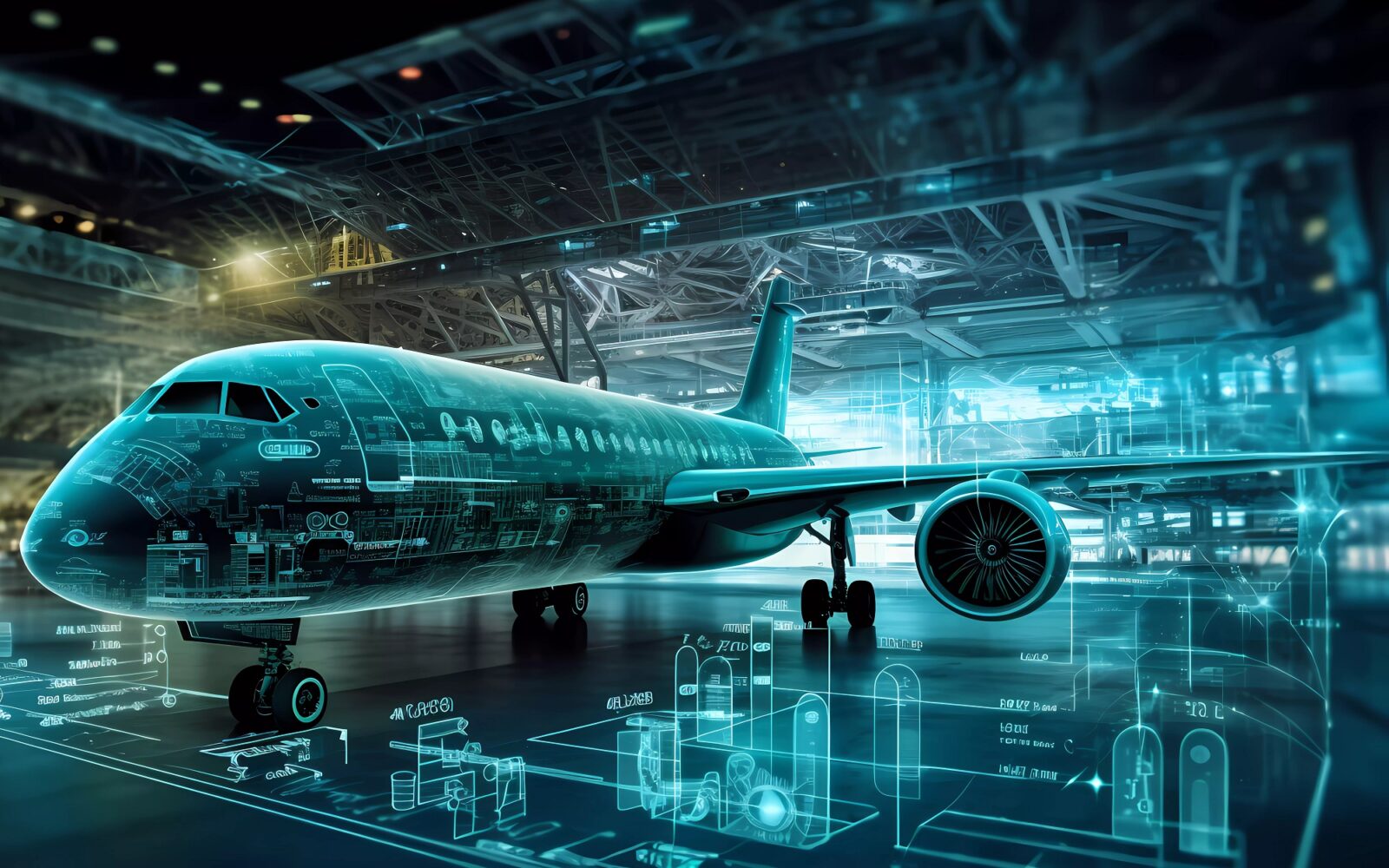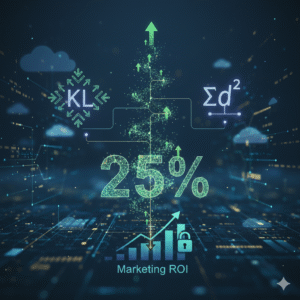If you’ve flown recently, you may have noticed some subtle yet significant changes in your travel experience. The airline industry is undergoing a remarkable transformation, with AI in the airline industry and other cutting-edge technologies leading the charge to enhance efficiency, safety, and customer satisfaction. From automated customer service to predictive maintenance, these innovations are reshaping how airlines operate. Let’s explore the key areas where AI in the airline industry and emerging technologies are making a major impact.
Key Areas Where AI in the Airline Industry and Emerging Technologies Are Making a Major Impact
1. AI-Powered Customer Service 🤖
Gone are the days of long wait times for customer support. AI-driven chatbots and virtual assistants are now offering 24/7 customer service, handling routine inquiries such as flight updates, booking information, and more. These tools streamline communication, allowing human agents to focus on more complex issues, and ensure that passengers receive instant responses to their questions.
💡 Real-Life Example: Have you ever used an airline’s mobile app to check flight statuses or rebook a delayed flight? Chances are, an AI chatbot was behind that seamless experience!
2. Personalized Travel Experiences 🌟
Airlines are using AI algorithms to analyze customer data, allowing them to personalize travel experiences like never before. From recommending tailored offers to suggesting specific in-flight services based on past preferences, AI in the airline industry helps airlines provide a more customized journey for each passenger.

3. Predictive Maintenance for Enhanced Safety 🛠️
AI is revolutionizing how airlines manage aircraft maintenance. Predictive maintenance uses AI in the airline industry to analyze data from IoT sensors on aircraft, identifying potential issues before they become serious problems. This not only reduces downtime but also enhances safety and operational efficiency.

4. AI in Revenue Management: Smarter Pricing 💰
Setting airline ticket prices is more complex than ever. AI in the airline industry helps airlines optimize revenue management by using advanced algorithms to predict demand and adjust fares in real time. These AI-driven models take into account various factors like booking trends, weather conditions, and competitor pricing to set fares that maximize revenue while staying competitive.

5. The Future of Autonomous Vehicles in Aviation 🚗✈️
While the idea of autonomous planes might still seem futuristic, autonomous vehicles are already being developed for airport operations. From luggage handling to fueling aircraft, these autonomous systems could help reduce labour costs and improve efficiency on the ground. In the future, these systems could potentially lead to pilotless planes, enhancing safety by reducing the risk of human error.
💡 Scenario: Picture an airport where luggage carts are driven by autonomous vehicles, ensuring that bags reach your flight quickly and efficiently without human intervention.
Beyond AI: Emerging Technologies Driving the Industry 🔧
While AI is making waves in the airline industry, other emerging technologies are also playing key roles in streamlining operations and enhancing customer experiences.
Blockchain:
Airlines are adopting blockchain technology to securely manage transactions and streamline supply chain processes. For instance, it helps track parts in aircraft maintenance, ensuring transparency and reducing delays.
Internet of Things (IoT):
By installing IoT sensors on aircraft, airlines can monitor performance in real time, improving efficiency and reducing operational risks. IoT data can track everything from engine health to the status of onboard systems.
Augmented Reality (AR):
Some airlines are experimenting with AR to create immersive experiences for passengers. For example, AR apps can provide passengers with real-time updates on their journey, and flight path, or even offer virtual tours of destinations mid-flight!
The Bottom Line: A More Efficient, Personalized, and Safe Future for Airlines 🌍
The integration of AI, blockchain, IoT, and augmented reality is transforming the airline industry at an unprecedented rate, with AI in the airline industry playing a crucial role in optimizing operations and enhancing customer interactions. These technologies aim to boost operational efficiency, reduce costs, and most importantly, enhance the passenger experience. As airlines continue to innovate, passengers can expect even more personalized services, safer flights, and smoother travel experiences shortly.
As you embark on your next journey, take a moment to appreciate how much technology is working behind the scenes to make your trip more enjoyable, from the moment you book your flight to the time you reach your destination. And with even more innovations on the horizon, the future of flying looks brighter—and more high-tech—than ever before.


















